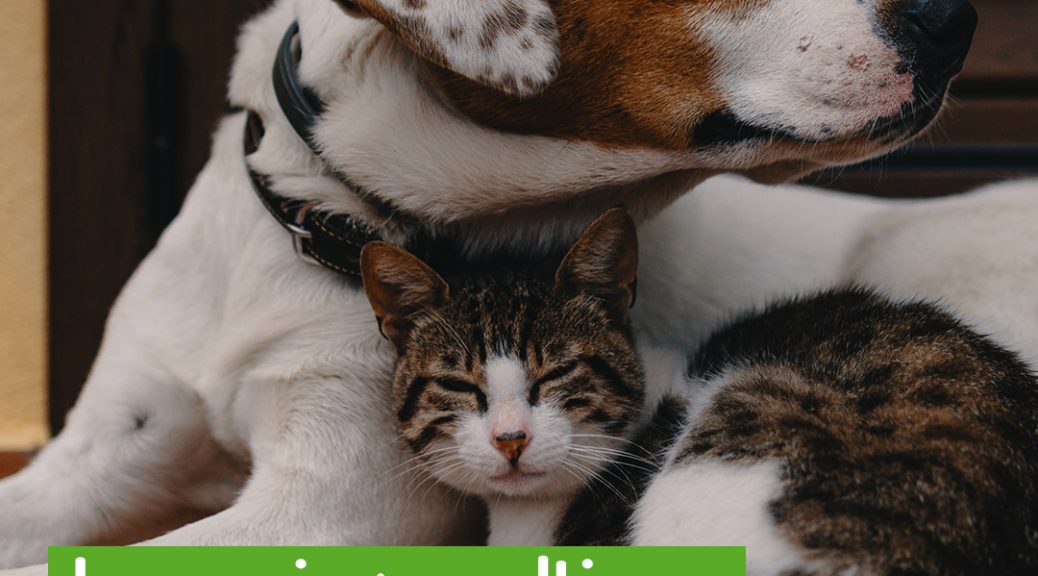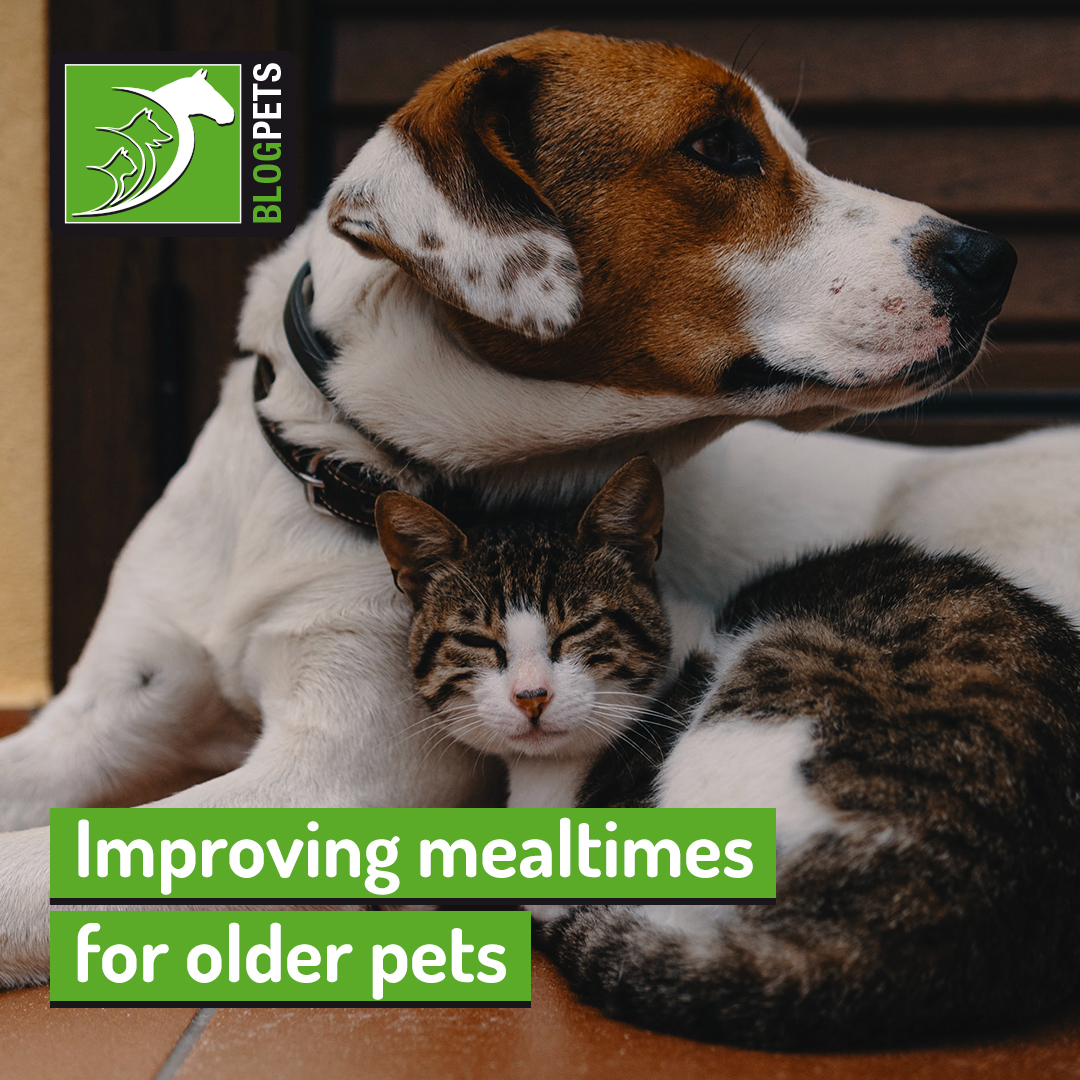As our pets grow older, they go through a significant number of changes. They may not enjoy moving as much, they may lose some sharpness to their senses, and they may suffer from chronic conditions such as kidney disease, osteoarthritis or diabetes.
Keeping an eye out for these changes is very important as our pets can have a dip in their quality of life as time goes on. However, there are some things we can do to enhance their comfort at home, one of which is improving their eating experience.
Eating is one of the most important daily activities, and senior animals often find themselves not enjoying their mealtimes as much. This can lead to a significant decrease in their calorie intake, causing them to lose weight.
Here are some tips on how to ensure your golden oldies have a five-star gourmet experience every day:
Switch to a diet appropriate for their age
Usually, cats are considered seniors at around ten years of age, while dogs vary between seven for larger breeds and nine for smaller breeds. At these ages, consider changing their food to a special senior formulation.
There are plenty of options made specifically for senior pets, and therapeutic diets that help with a number of health problems. These formulations contain all the nutrients that they need to support age-related conditions such as lowered immune systems, achy joints, and kidney disease. They also have the right texture and shape for pets who can no longer smell or chew so well.
Improve palatability
Improving palatability may take a little trial and error, but it can be very rewarding for you and your pets.
Try to offer novel food textures such as soft wet food, which can help if your pet has pain chewing, or change the brand and flavour of their meals.
Offering smaller portions throughout the day and introducing exciting food puzzles are also quick changes you can implement to great effect.
Pouring a little water or salt-free broth on dry kibble and gently heating it in the microwave improves aroma, which can compensate for any loss of smell.
Be mindful of their limitations
Osteoarthritis, muscular weakness or painful chronic conditions all make bending down harder. If you spot your pets struggling to reach their food, place the bowl a little higher so that eating is more comfortable for them.
Golden oldies who no longer hear or see very well may also feel disoriented in busy spaces and may struggle to find their food. Keeping their bowls in an easily accessible, comfortable and quiet room can do wonders for them!
Ask your vet for help
Every pet is different, and sometimes it can be pretty challenging to get an older pet, especially one with concurrent health conditions, to eat what they need to stay healthy.
If you find yourself struggling with this or have any questions on how to improve your furry friend’s quality of life, do not hesitate to contact your vet.

